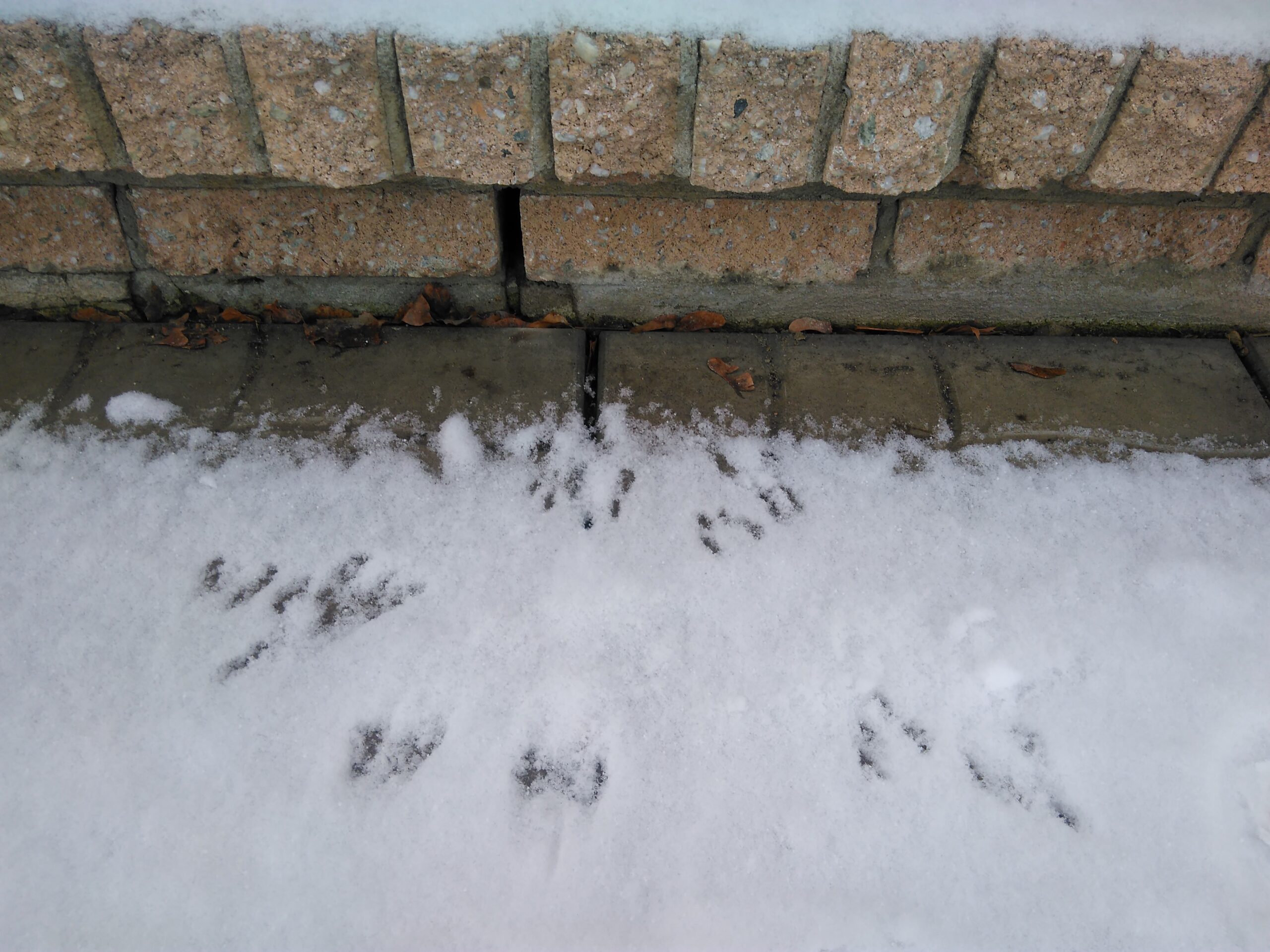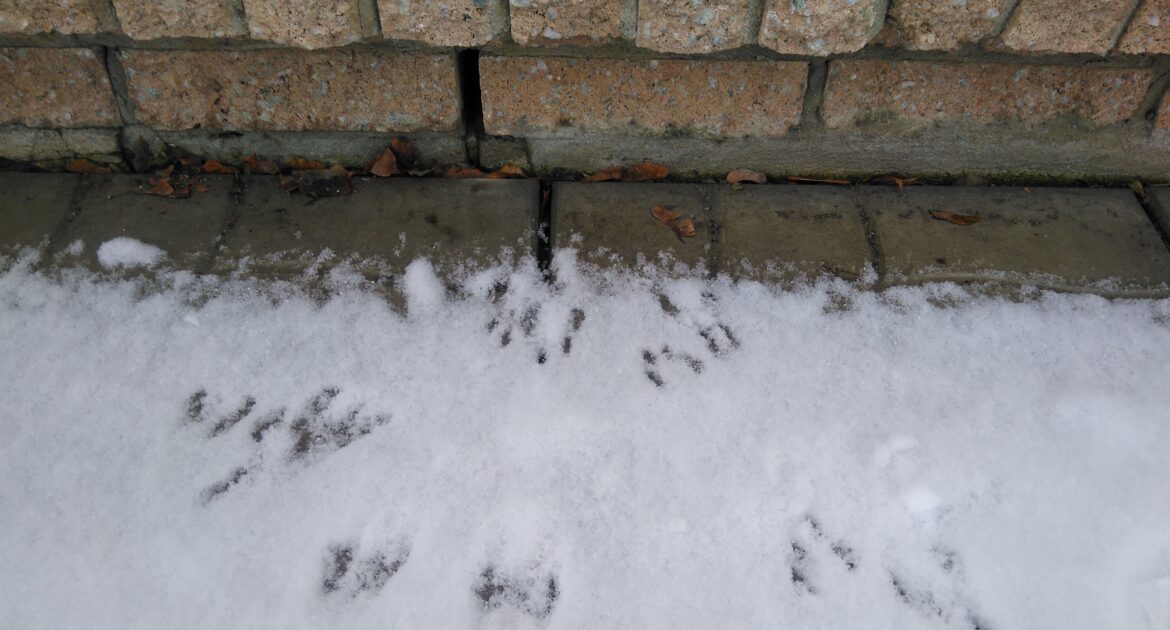Rodents will utilize any possible route to infiltrate your home, and mice are no different. If you know how destructive they are, you understand how important it is to keep them out. Of course, you shouldn’t tackle this job on your own, as handling any kind of wildlife can be dangerous. Instead, you should contact professionals for mice removal and let them take care of the problem. In the meantime, you can read about how to keep mice away.
How To Keep Mice Away
The best treatment is prevention, so don’t wait to pest-proof your home. For example, loose siding, small holes under the eaves, and gaps between the house and foundation are perfect infiltration points.
You should also think twice before leaving exterior doors open, especially as the weather turns cold, since warmth and cooking smells may attract mice looking for a place to wait out winter. The risk is even greater at night, as rodents are more active.
If you have a garage, make sure the door closes all the way. If not, you can utilize weatherstripping to plug the gap.
Maintaining your lawn is also an essential part of deterring rodents. Since mice have many predators, they seek safety in tall grass and other hiding places:
- Wood piles
- Vines
- Shrubs
If you can, keep this landscaping away from your house. Doing so ensures mice don’t have a secure path and will look for shelter elsewhere.
Additionally, trim trees that overhang your roof. Bark offers tiny handholds for these critters, allowing them to scale trees easily. Overhanging branches are the perfect bridges to your roof, where mice can chew their way into your attic.
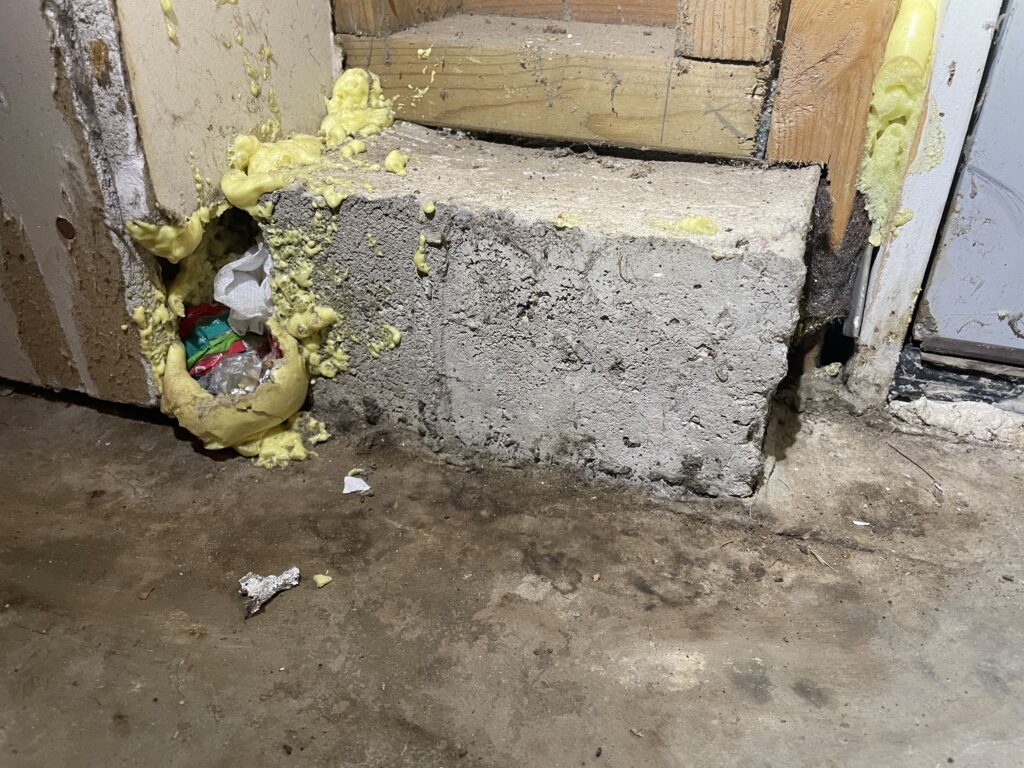
Finally, don’t leave food sources outside, as these attract mice and a long list of other pests:
- Raccoons
- Skunks
- Squirrels
- Ants
Pet food is one of the top offenders, as wildlife will quickly learn that the bowl refills, offering a reliable food source. Bird feeders are another common problem since rodents also munch on seeds. Since most birds depart during cold weather, no one will miss out if you take it down until spring.
Where Mice Prefer To Nest
While you may picture an old, run-down house when you envision mice, the truth is that even well-kept, modern homes can have a rodent problem. Due to their size and flexibility, any hole with a diameter of a quarter-inch or larger is fair game. As a result, mice can make their way into the most inaccessible places:
- The Attic
- Crawl spaces
- Under cabinets
- Wall voids
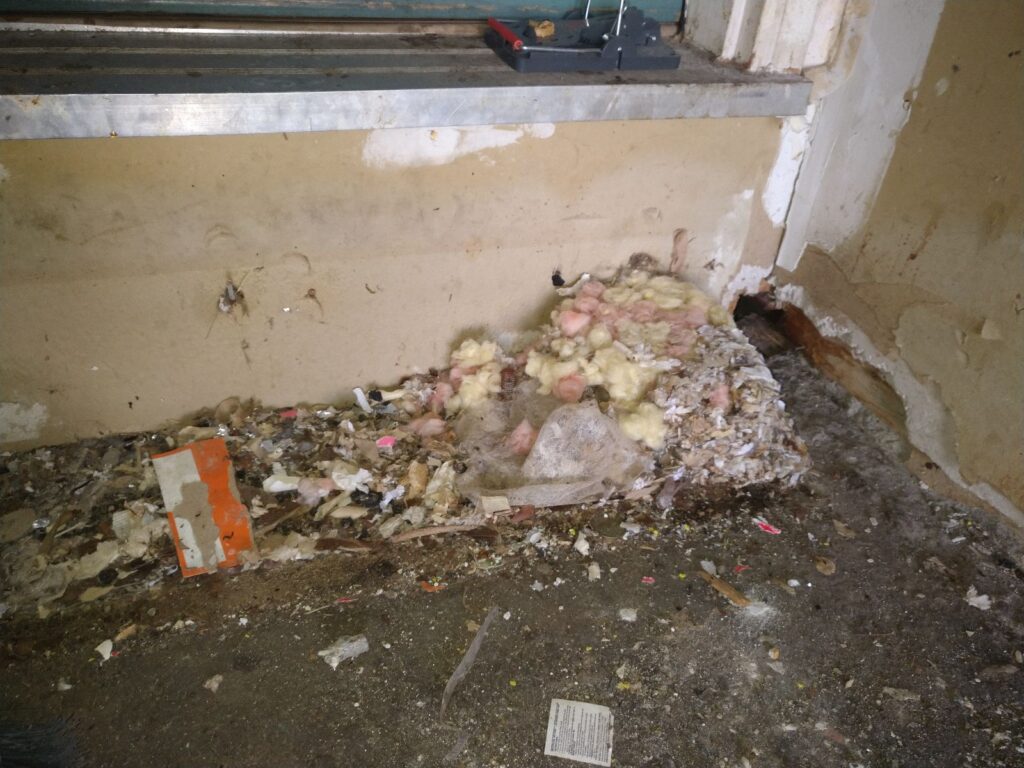
Unfortunately, finding mice in heating ducts is also fairly common. These rodents use ductwork as passageways and shelter, as the warm, dark spaces present a safe place while connecting to every room. If you set traps in one area, they can simply move to another, making it hard to eliminate the problem.
What Happens When Mice Live in Your HVAC System
Unfortunately, it’s not just mice in the ductwork. These critters may bring food with them, spelling trouble for everyone. Pilfered food rots, attracting bugs and breeding bacteria that can enter the air and circulate throughout your house.
There’s also the issue of mice dying, as they only live about two years in the wild. While they don’t have to worry about predators while sequestered inside your ductwork, they can still die of old age or disease. A decaying body poses an odor problem on top of being a health hazard. Learning how to keep mice out of your AC unit is crucial to preventing these issues.
If this should happen, Skedaddle Humane Wildlife Control can assist. We know where to look for pests and how to sanitize contaminated spaces.
Why You Should Always Call Wildlife Removal Experts
You should contact wild control experts whenever you suspect mice in your home. The technicians at Skedaddle Humane Wildlife Control are professionals who know where to look for rodent nests and how to remove animals safely. We always avoid damage to your home during the process and ensure neither your family nor your pets come in contact with the harmful things wildlife can leave behind.
Additionally, we ensure the animals themselves don’t come to harm. These critters don’t mean to cause a big mess — like any living creature, they just want to be warm, fed, and happy. Once removed, they can make new homes elsewhere, and you can enjoy your residence once again.
Another benefit to humane removal is that you don’t have to worry about returning rodents. Extermination eliminates the animals for a short time but doesn’t solve the root problem. In contrast, the Skedaddle Humane Wildlife Control team can find out how mice entered your home in the first place. We then install new insulation and protective physical barriers to keep them out. Since these products are natural and high-quality, you don’t have to worry about future rodents moving in.
Choosing humane removal over extermination also means you don’t have to worry about setting traps around your home. Not only do these traps harm and kill targeted pests, but they can also pose a danger to curious pets and children. If you set poisoned bait for mice to take back to their nests, you then have to deal with dead mice in your walls. Calling Skedaddle Humane Wildlife Control helps you avoid these hazards.
What Skedaddle Humane Wildlife Control Says About How To Keep Mice Away
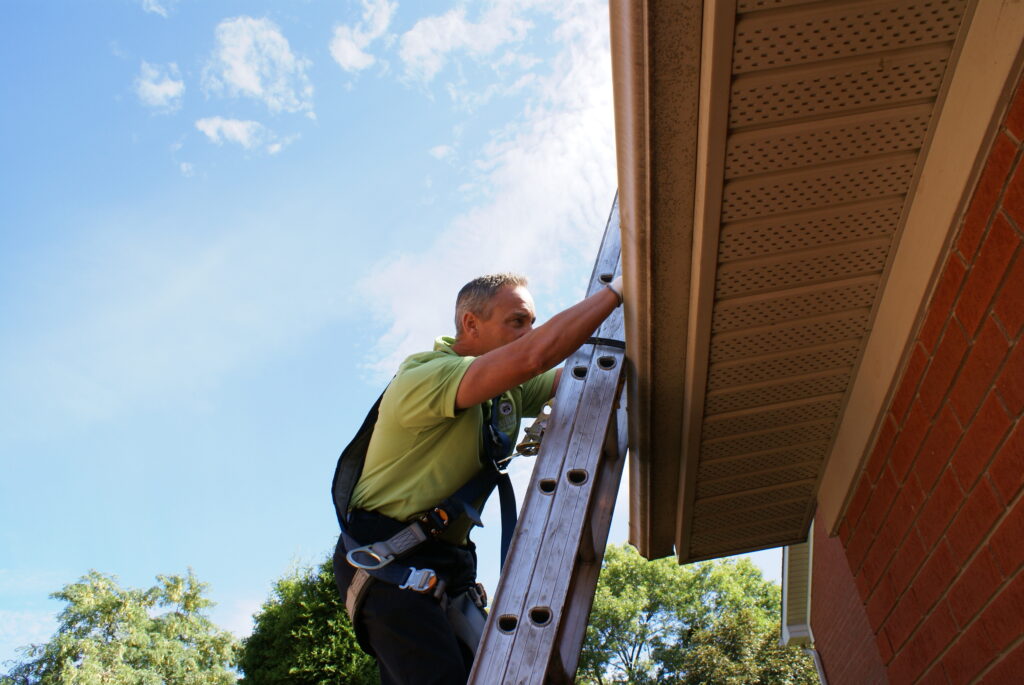
Simply put, Skedaddle Humane Wildlife Control is one of the best wildlife control companies in the country, and we have 25 years of excellent service to prove it. Our team members prioritize the health and safety of your home, ensuring top-notch results. We’re also proud to be a truly ‘green’ company, as our methods are environmentally friendly and humane.
Do you have other pest problems? We can assist with a variety of animals, including skunks, squirrels, and raccoons. In addition to removing wildlife, we also clean up the nests and waste they leave behind, both of which can carry dangerous diseases. We can also help with other parts of your property, such as the backyard, garage, or deck, as wildlife can settle nearly anywhere.
If you believe you have mice in your ductwork, contact Skedaddle by phone or visit us online. With one visit, you can learn how to keep mice away for good.
